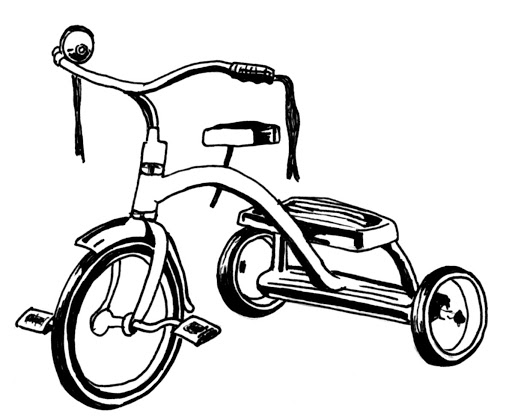DEAR SEAN:
The last several columns I’ve read from you have been about old people. May I ask why, with all of the other things happening out there, you’re always stuck on someone’s grandma and grandpa?
Can you write about something fresh and new instead of always telling us about people who are old? Not being critical. Just giving you something to think about.
Regards,
39-YEARS-OLD-IN-MODESTO
DEAR MODESTO:
Thanks for the words. Before I say anything else, let me also thank you for taking the time to sit down, look up my email address, and send a message to a complete stranger who lives 2351.4 miles away, expressing your dissatisfaction with writing that, bear in mind, ain’t exactly Whitman.
But I will make no excuses. You’re absolutely right about me writing too many old-person columns.
Which is why I want to apologize. You should not be subjected to columns about elderly persons since these people are, as the term implies, not 39-year-olds.
Like yourself.
And hey, maybe by not talking about old people you won’t ever have to
become one. If you avoid the topic long enough, perhaps someday your hair won’t fall out and your body won’t begin making vaporous noises of its own volition whenever you’re tying your shoes.
Believe me, I get it. Lots of younger people don’t want to hear about the elderly. The young are busy being young, making mistakes, learning valuable lessons, improving the world. That’s what you're supposed to do, and it's wonderful.
So keep reinventing things, blazing new paths, breaking old traditions, and making your own rules. And above all, keep believing that yours is the first generation to ever do these things. Because you’re adorable.
Besides, you’re absolutely correct. Everyone could do with a little youthfulness. Which is why after reading your email I took your advice. I looked up a few articles on popular youngish news sites to see…









